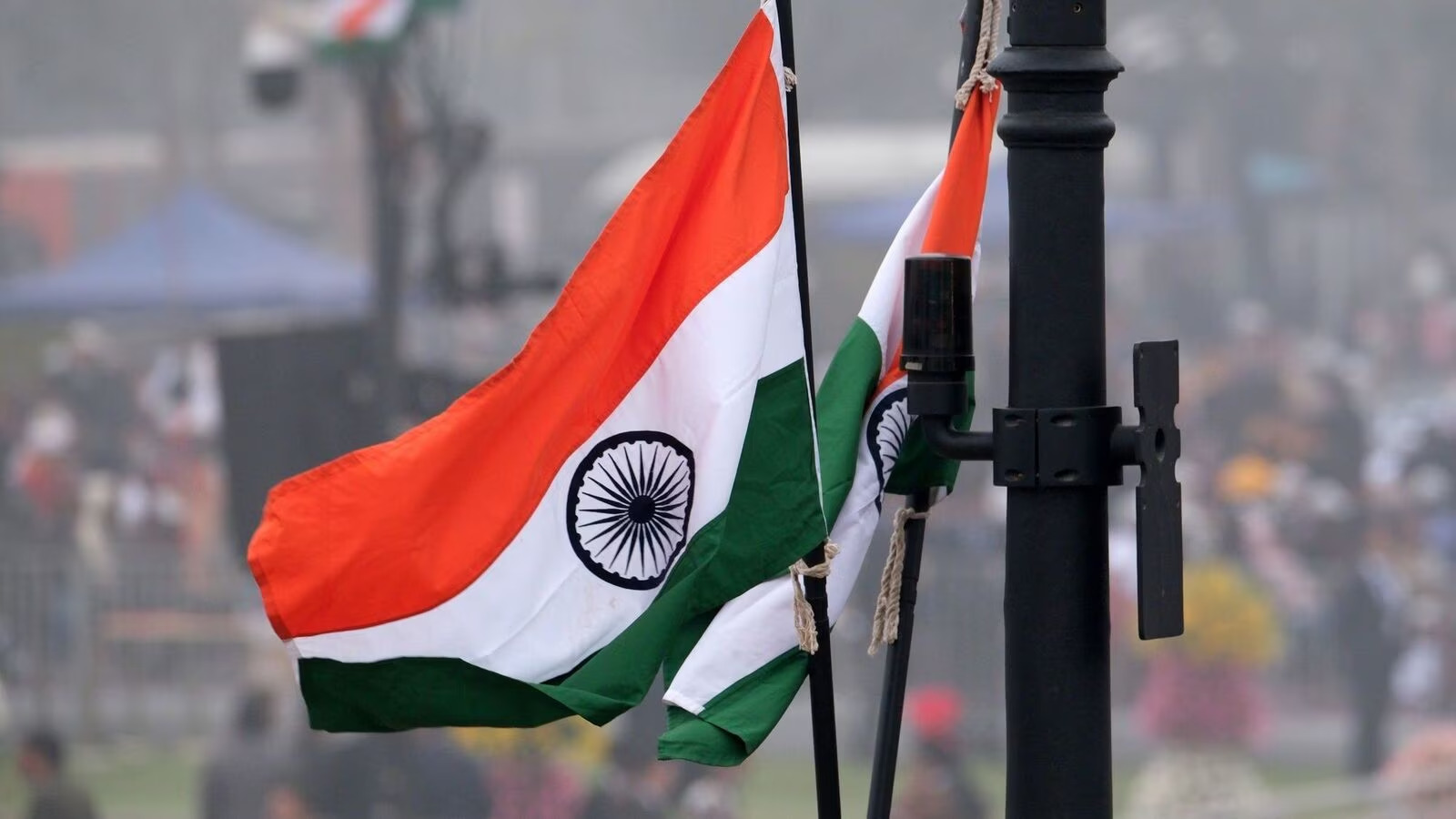NEW DELHI
The diplomatic stand-off between India and Canada seems set to grow bigger with New Delhi taking the unprecedented step to suspend issuing visas to Canadians for a year, a stern expression of displeasure by New Delhi which has grown in stature after the successful hosting of G20 Summit earlier this month. The strained ties between the two nations need to be seen in the backdrop of India seeking safety for its diplomats in Canada and Ottawa announcing that its High Commission is adjusting staff presence in India. “Canada has become a convenient point for Khalistani figures to travel to Pakistan for training and seeking support from ISI,” said an intelligence official. Canadian PM Justin Trudeau’s allegation on India’s hand in the killing of Khalistan Tiger Force chief Hardeep Singh Nijjar in June has irked not just the Indian establishment, but also former ambassadors. Diplomat Deepak Vohra slammed the Canadian premier saying, “This is unacceptable and he is going to pay for this.”
“The Indian community’s reputation is surely going to outlive this unsavory episode initiated by Canada,” he said, dissecting the implications of the row for Indians based in that country. Anil Trigunayat, another former diplomat, said the Canadian PM’s decision to raise the bogey of “foreign interference” suits him just before elections.
He appears to be trying to salvage his popularity and as a last-ditch effort to win the election or be part of the ongoing coalition. But he has chosen a very dangerous way out because if he can’t prove it, it is going to recoil on you, he said in an interview.
From a strategic partner to a diplomatically non-cooperative nation, Canada’s importance for the Narendra Modi government has nosedived primarily due to PM Trudeau’s allegations on Nijjar’s killing. The Indian government has sought evidence for the allegation and already dismissed PM Trudeau’s remarks on Nijjar’s killing as “absurd and motivated” and warned Indian citizens in that country to avoid areas where the pro-Khalistani supporters are active. Failing to generate global support in the absence of any concrete evidence, Trudeau appeared to be later trying to calm the diplomatic storm by informing media persons that Ottawa was not looking to provoke or escalate the matter.
Canada, which is home to 7.75 lakh Sikhs who account for 2.1% of the population of the north American nation, has allegedly become a safe haven for anti-India elements, including pro-Khalistanis.
Political analyst Ritwick Srivastav said that the increasing tensions between India and Canada have less to do with geopolitics than that country’s internal politics. “The Sikh community is small (2%), but extremely influential in Canada. More importantly, Trudeau is in power only because of his alliance with New Democratic Party led by Sikh Jagmeet Singh (Khalistani sympathiser). At the time when Trudeau’s disapproval ratings are up at 58%, he needs support of his loyal Sikh voter base,” he said.
A former ambassador said, “Normally, the language and terms used in such cases is in the form of a request that a particular official be ‘withdrawn’.” O.P.S. Malik, IPS, UP, retired-DG of police, said India’s tough stand against Canada is linked to its security concerns. “During Trudeau’s reign, Sikh radicals have virtually had a free run on Canadian soil while ignoring India’s security concerns. Canada has a history of Khalistan backers operating from there. Though India has been able to suppress terrorism effectively, separatist elements abroad continue to fan the flames of secession,” Malik said.

